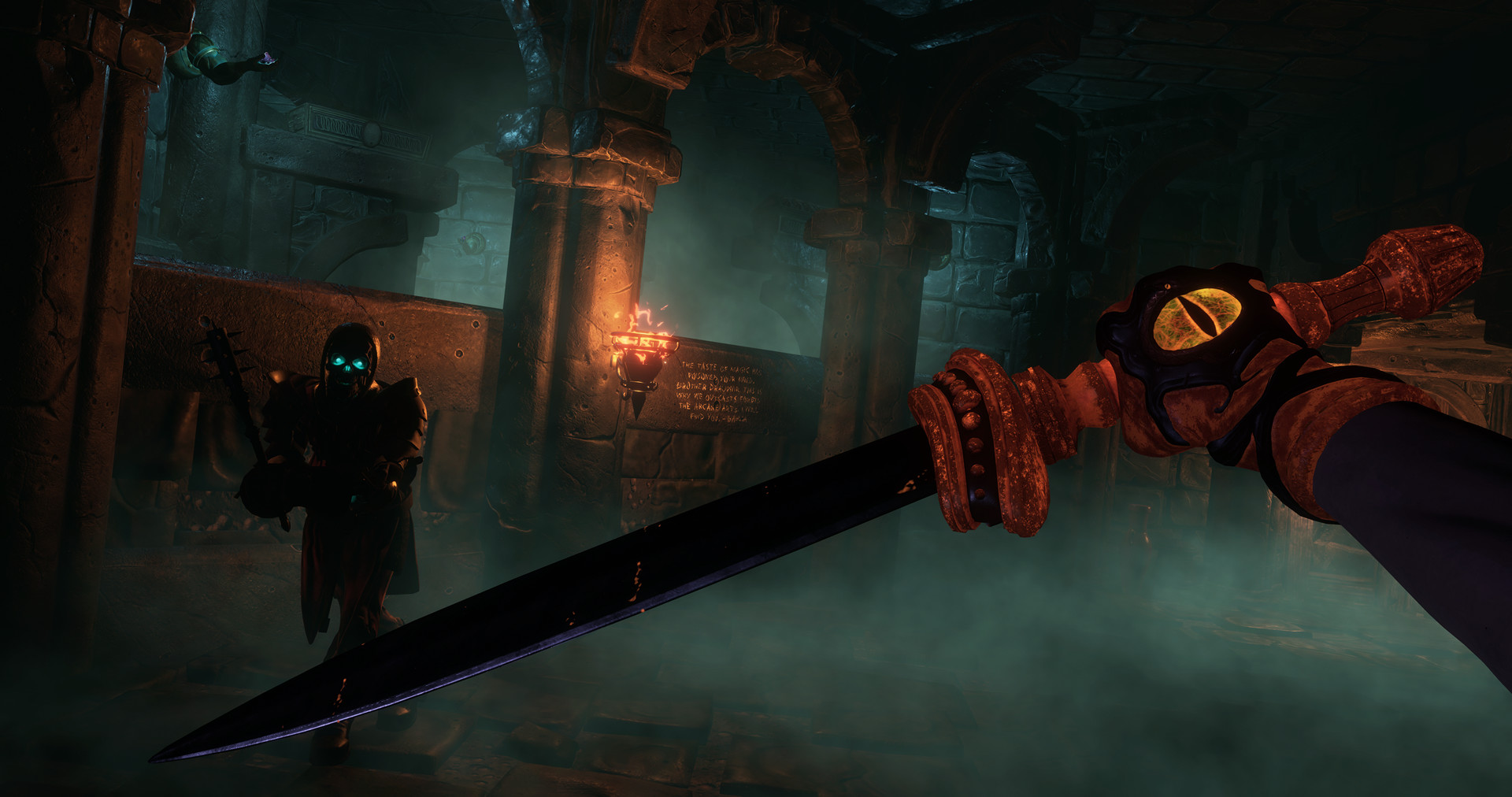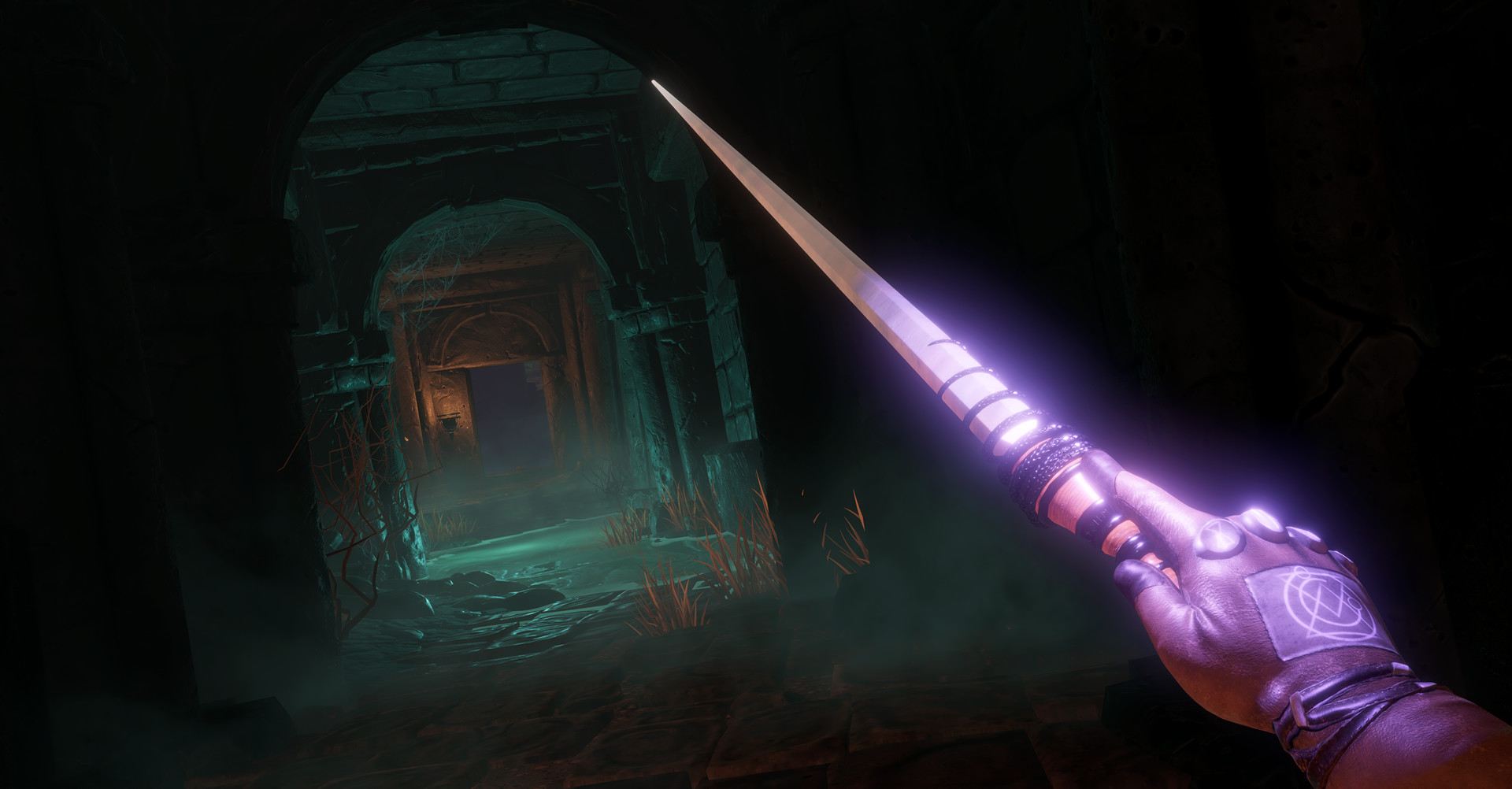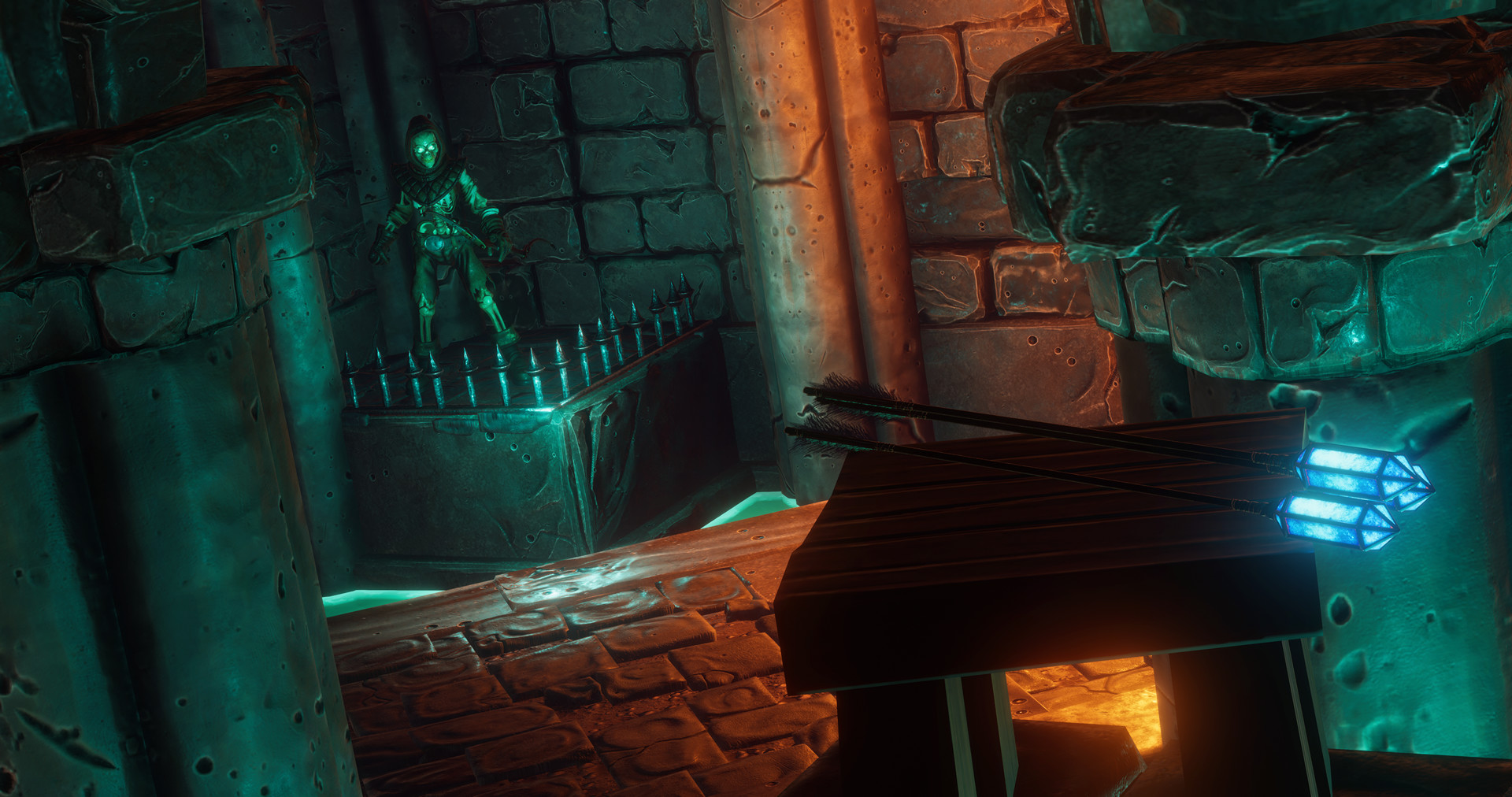Warren Spector's latest project failed. The developers released the build in version 0.3
Industry veterans have major blunders. Even if they get together and make a dream game. A beautiful story at the development stage Underworld Ascendant turned into a failure of the game and a wave of dissatisfied reviews.

Underworld Ascendant
Underworld Ascendant was originally conceived as an official sequel to Ultima Underworld, a popular role-playing series in the early nineties.
It was with this idea that Paul Neurath, the designer of the original series, who also led the development of the cult System Shock 2 and Thief II: The Metal Age, came to Electronic Arts in 2014.
The corporation met the developer halfway. EA gave the rights to use the world of the series, its Laura and characters, although it forbade calling the new game Ultima.
After receiving the license, Neurath founded the OtherSide studio and invited former colleagues to work on a new game:
- Tim Stellmach, who was responsible for the levels in the first two Thieves, and was also a project manager on Doom 3;
- Nate Wells, who was the lead artist The Last of Us and was responsible for the art in Bioshock;
- Joe Fielder, who was one of the screenwriters BioShock Infinite;
- Steve Pearsall, who was the project director on both Thief;
- and Robb Waters, who was responsible for the visual appearance of the characters in BioShock Infinite.
As advisors for working on the game Neurat attracted:
- Austin Grossman, one of the writers of the entire Dishonored series;
- and Warren Spector, director of the Deus Ex project and producer of the first System Shock (actually, OtherSide is positioned today as his company, among other things).
The “dream team” within the framework of crowdfunding in February-March 2015 “raised” for development Underworld Ascendant is almost $1 million. Two years later, the game got a publisher. The latter was the company 505 Games, which today includes games such as ABZU and Brothers: A Tale of Two Sons.

Underworld Ascendant
Nothing foreshadowed a resounding failure.
However, the project released on November 15 turned out to be a complete disappointment for the players. The project immediately began to be criticized for constant lags, for problems with management and movement, for errors when saving the game, poor physics, a small amount of content, weak AI, unsuccessful UI and a huge number of bugs.
At the same time, we were talking about a full-fledged release, and not about early access, where Underworld Ascendant would be the best place, because the build of the game went to digital shelves in version 0.3.
Reviews and evaluation of the game on Steam are mostly negative right now. Only 38% of reviews can be called positive, but in them the game is mostly praised for its potential, not for the result.
The wave of criticism is caused not only by the build, but also by the reaction of the developers, their video diaries, where they smile and pretend that they are happy with the release, and do not admit the mistakes made.
At the moment, the project does not have an audience of 20 thousand users.

Underworld Ascendant
Underworld Ascendant is not the first project that was not ready for release this November.
Fallout 76 and Battlefield V are in the same situation now, whose audience also accuses developers of releasing projects that were not brought to mind. A little earlier, in September, harsh criticism fell on inXile, which published the raw The Bard’s Tale IV: Barrows Deep.
Because of this, it seems that the release of raw projects is beginning to become a habit for both large and modest-sized independent teams. Both the first and the second seem not to take into account the nuances of the work of those developers who release their projects within the framework of early access, where much is built on the competent positioning of an unprepared project, as well as on close communication with the audience.
